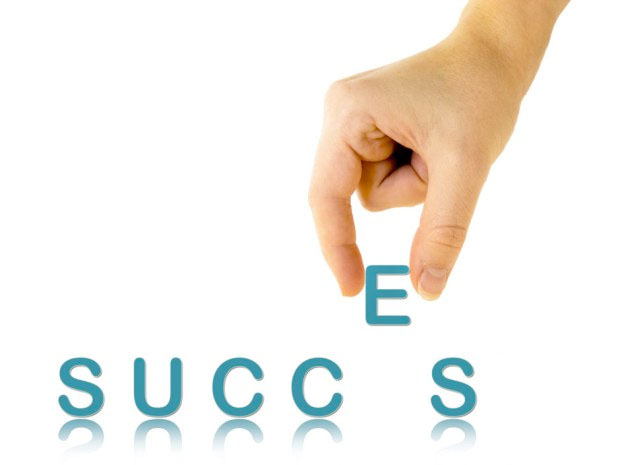donderdag 16 juli 2015

“Hij is niet goed in rekenen.” Of zoals Carol Dweck zou zeggen: “Hij is nog niet goed in rekenen.” Er zit een wereld van verschil tussen. In de eerste zin is het al haast een eindconclusie. Er is van alles geprobeerd en nu blijkt dat hij niet goed in rekenen is. Carol Dweck maakt er in ieder geval nog een optimistische constatering van. Het kan nog goed komen.
We kunnen vervolgens op zoek gaan naar oorzaken. We kunnen zoeken in hersenen, genen en natuurlijk ook naar de omgeving. En ongetwijfeld vinden we wat. Bij dyslexie is ook wat gevonden. Schijnbaar een oorzaak. Bij mensen met dyslexie is er sprake van minder grijze massa in de hersenen. Grijze massa heeft als functie het verwerken van informatie. Dat zou betekenen dat er een biologische oorzaak is voor dyslexie. Voor leren heeft dat nogal wat consequenties. Heeft het zin om veel te oefenen als je weet dat je hersenen anders in elkaar zitten dan mensen zonder dyslexie? Vraag maar eens door aan iemand met dyslexie. Zij denken vaak dat dyslexie een permanente situatie is waar je misschien wel iets aan kunt verbeteren maar niet veel. Voor de motivatie om echt te oefenen lijkt het me haast dodelijk. Het “nog niet” van Carol Dweck wordt er vakkundig uitgesloopt met zo’n oorzaak.
Er zitten nogal wat denkfouten in deze “grijze massa” constatering. De eerste is dat wat een oorzaak lijkt volgens recent onderzoek weleens een gevolg kan zijn:
“Many dyslexics weren’t born with less grey matter, according to a surprising recent study. Dyslexics’ grey matter may have developed less because they read less.”
Dat zou weleens voor veel meer dingen kunnen gelden. Hij is niet zo goed in … omdat hij er minder tijd aan besteed heeft. Of omdat hij er minder slim op geoefend heeft. Cognitieve geschiedenis. Deliberate practise.
Bovendien zegt gedragswetenschapper en psycholoog Hasselman in de Volkskrant dat er allerlei oorzaken zijn aan te wijzen en moet vooral niet gezocht worden naar één unieke verklaring. Hij ziet de volgende mogelijke verklaringen voor dyslexie:
‘De moedertaal. In Finland en Italië zijn het gesproken en geschreven woord vrijwel identiek en komt dyslexie nauwelijks voor. Onderwijs speelt ook een rol, denken we. Er zijn leraren die nooit een dyslectisch kind in de klas hebben gehad. Dat duidt erop dat een bepaalde aanpak van het leesonderwijs dyslexie voorkomt. Een systematische benadering om te begrijpen hoe dyslexie ontstaat, zou naar grammatica, taalonderwijs, sociale omstandigheden, genetische factoren, hoorproblemen en breindefecten moeten kijken. En hoe de factoren elkaar versterken of juist afzwakken.’
Tja, oorzaak of gevolg.
Voor het onderwijs lijkt het me haast een morele keus om de beinvloedbare factoren te belichten. Voor het leren is het van belang de cognitieve geschiedenis van de student te benadrukken als oorzaak voor succes of falen. Ik denk niet dat we in het onderwijs behoefte hebben aan vrijwaringsbewijzen.
(Visited 246 times, 1 visits today)
Lees meer





